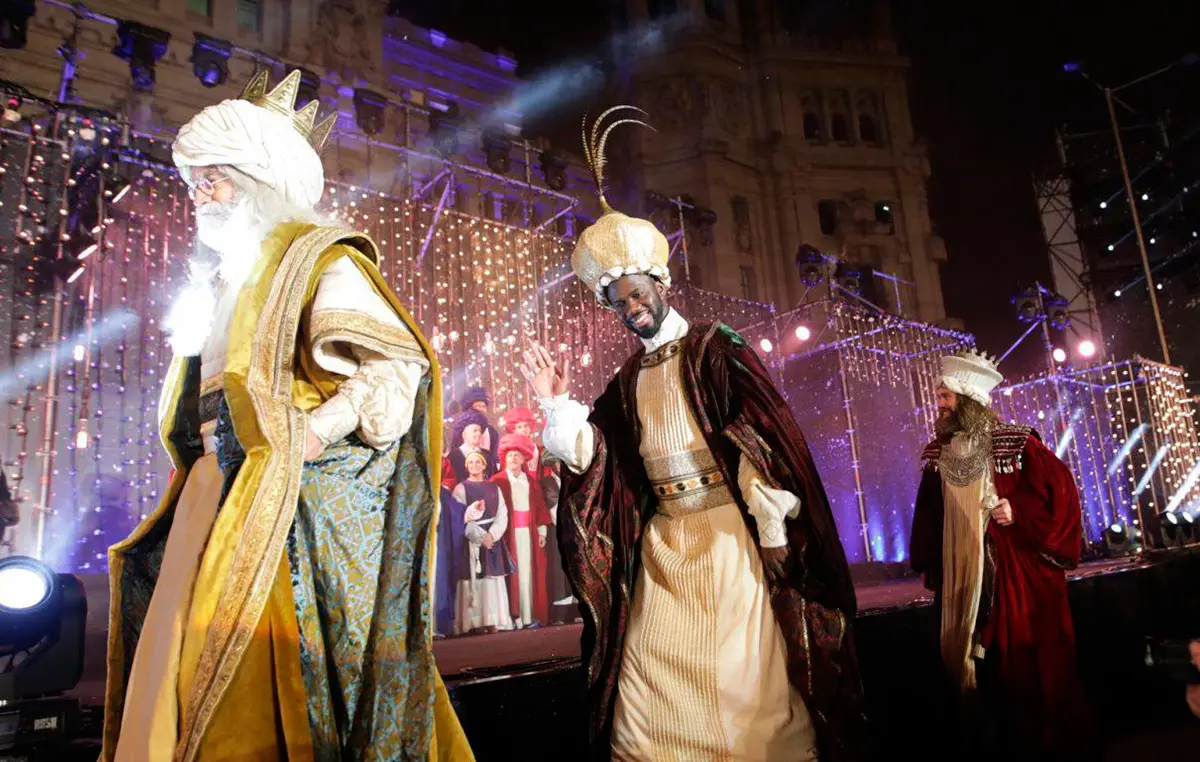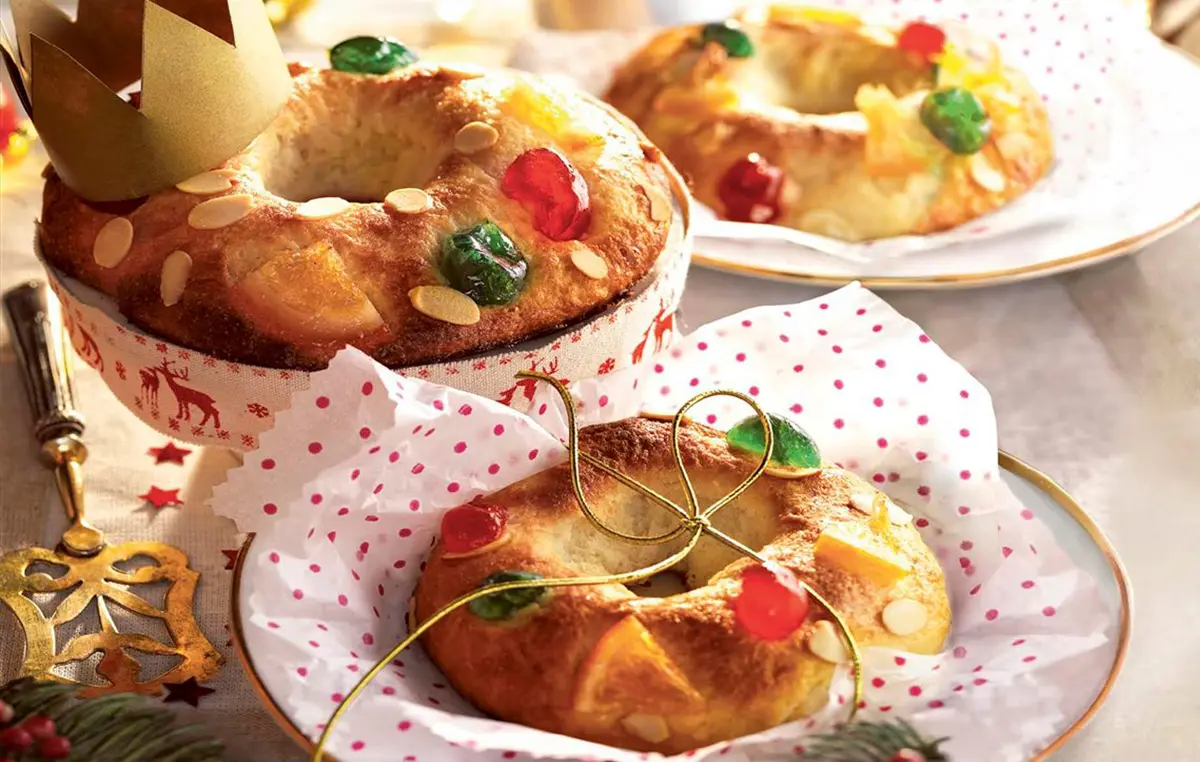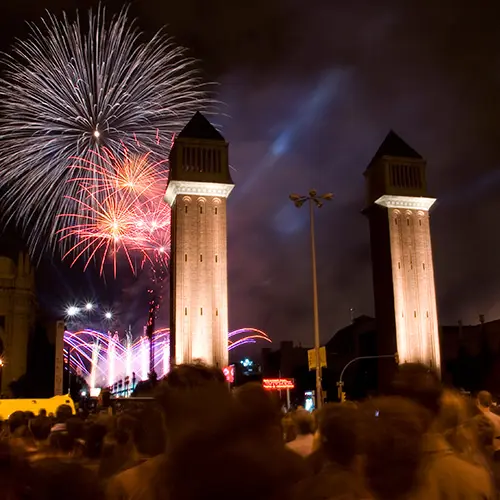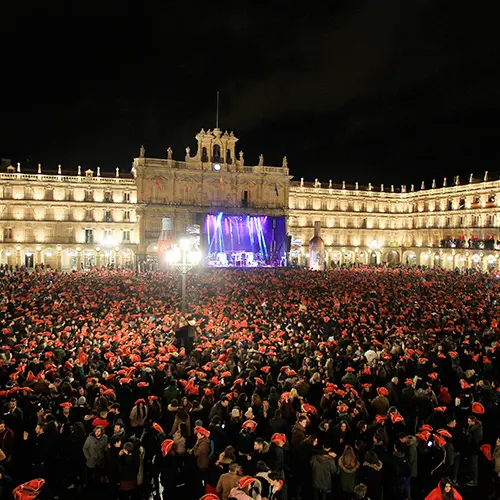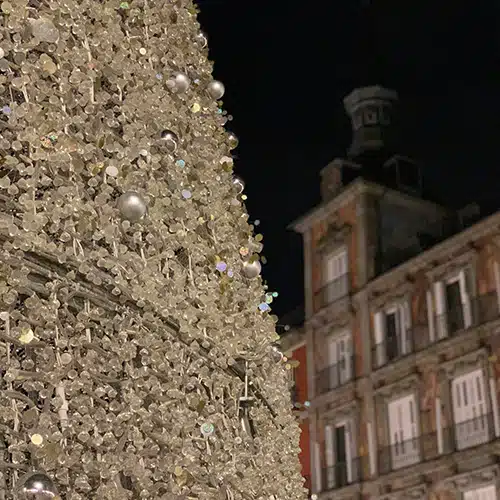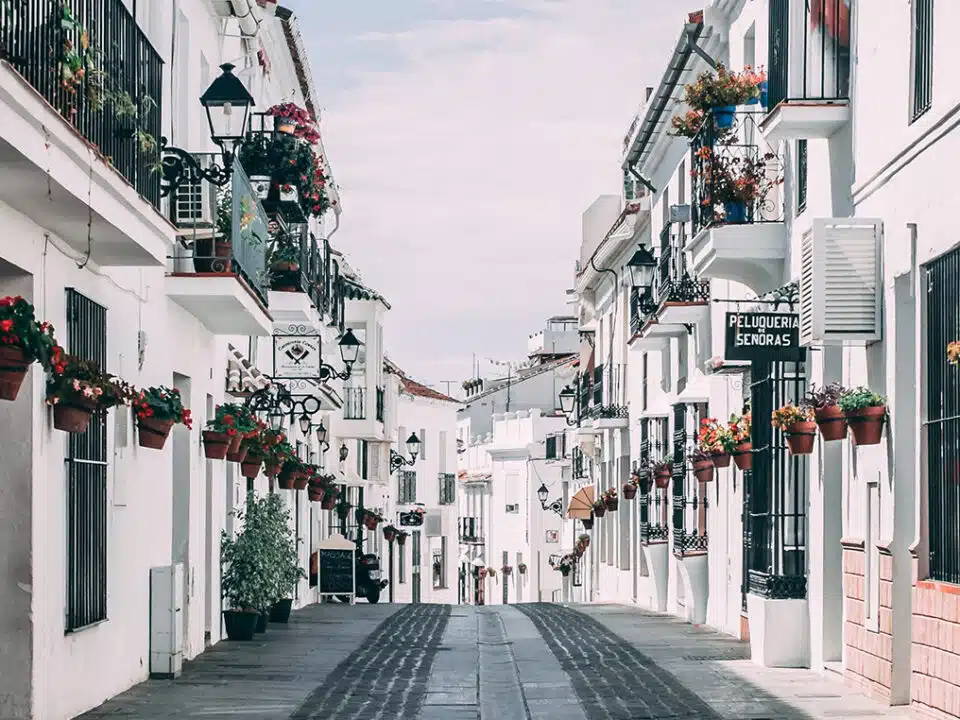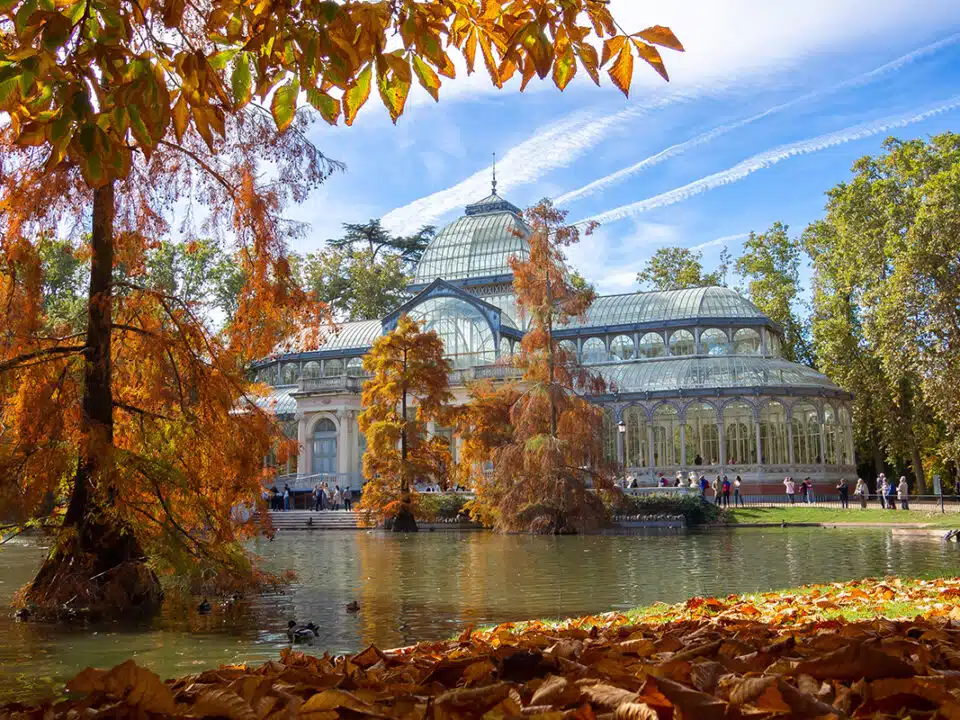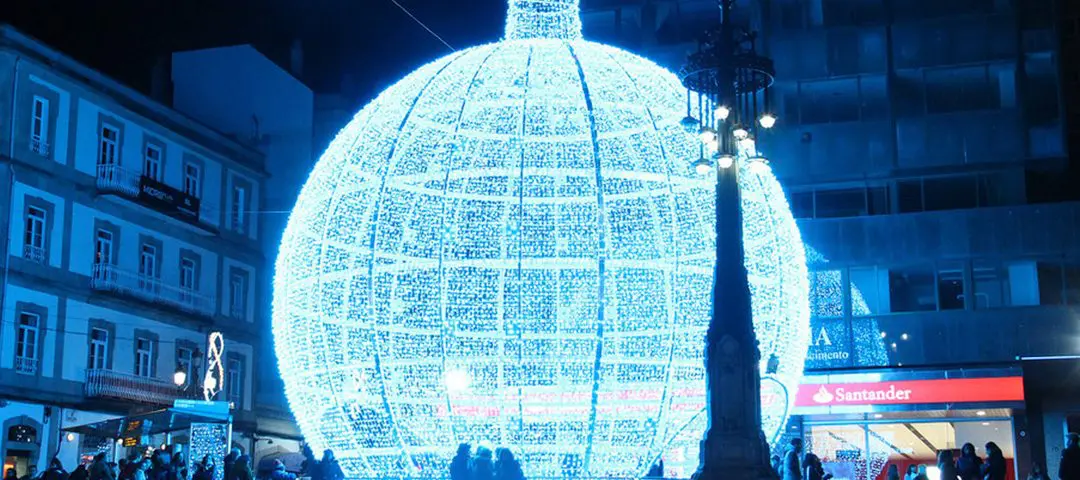
4 Christmas traditions you can experience in Spain
As Christmas comes to Spain and the mood begins to fill the air the moment is ripe to depict some of the most relevant Spanish traditions of this most wonderful time of the year.
Beyond ideology, faith and beliefs, Christmas is a prominent date in Spain. Albeit recognized as a secular state, Spain celebrates Christmas with pomp and splendour given its Christian tradition.
Obviously, and in contrast with the festivities we normally talk about here, Christmas is not only celebrated in Spain, yet we are convinced that the peculiarities of some Spanish traditions will come as a surprise to everyone who has not yet experienced them in our country:
1. It all begins with hope and a lottery ticket.
One of the first Christmas traditions that comes to mind is the customary Christmas Lottery, an event which take places on the 22nd of December and thus often marks the start of these prominent festivities.
In previous months the habitual exchange of “décimos” (which is how the lottery ticket participations are called) is common among collectives, sport teams, companies… Every one of them buys a whole lottery ticket and then sells “shares” thereof around the closest members with one thought in mind: what if we win this year?
Due to the hopes raised before the draw and, of course, the economic relevance it has (handing out € 2.34 billion yearly) it becomes a nationwide event to which people, donning gala attires, even assist in person in a last attempt to attract luck for a day where luck is highly demanded.
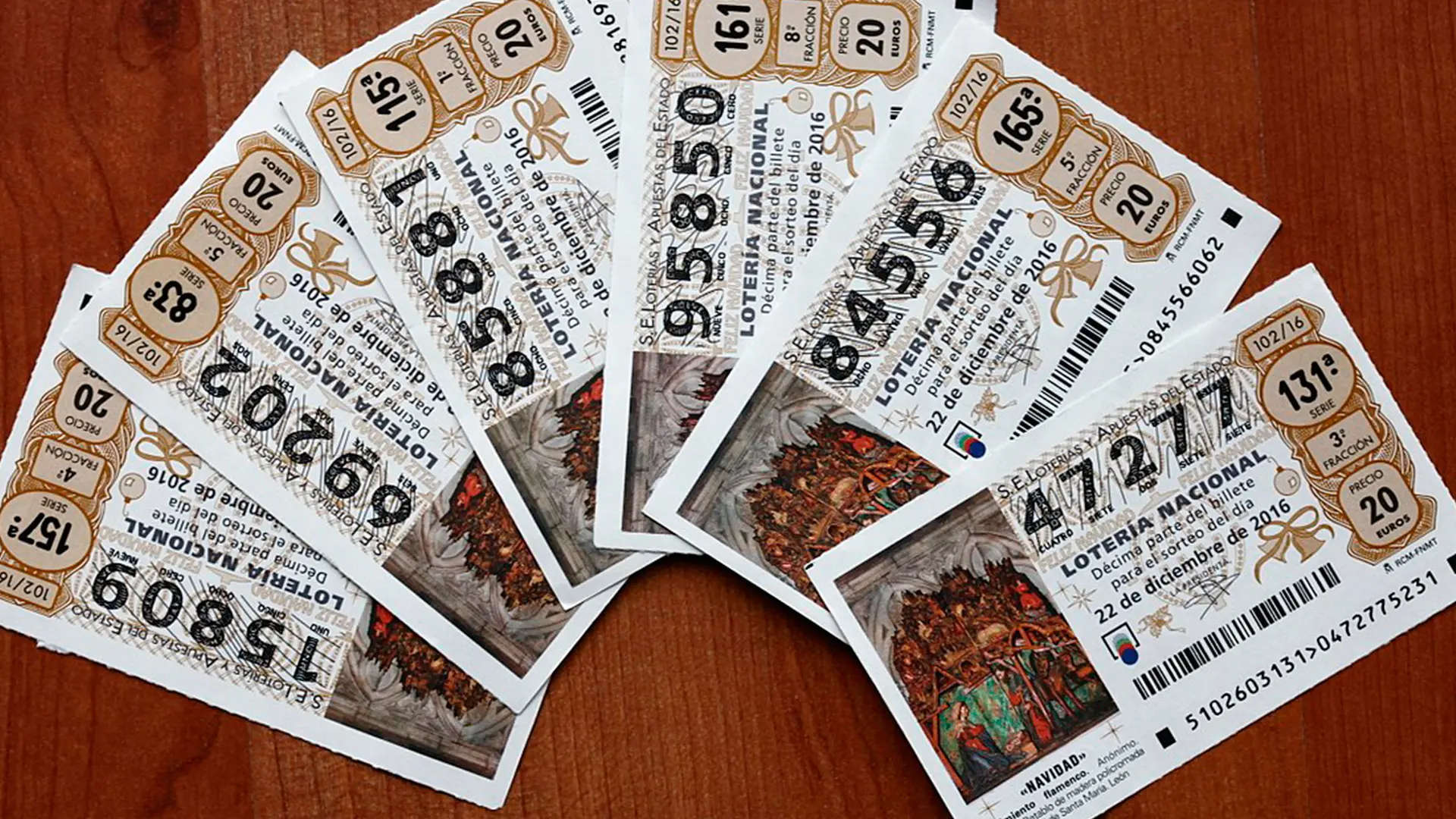
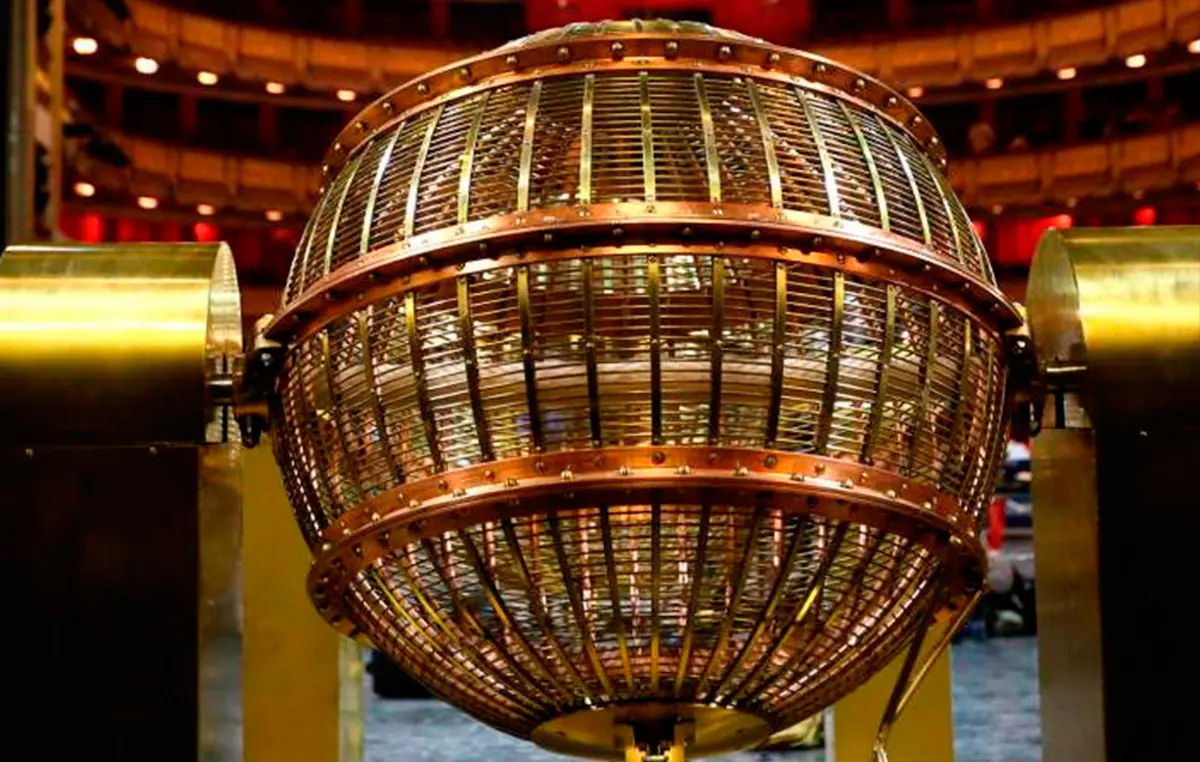
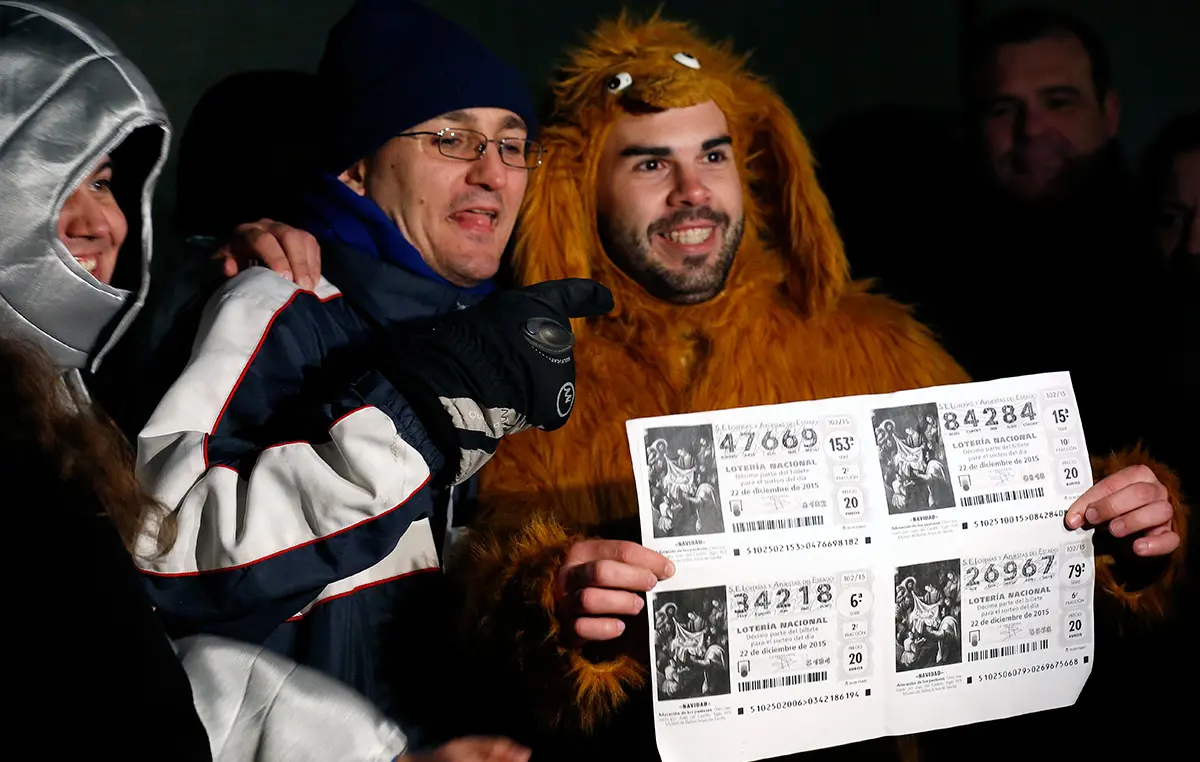
2. Festivities to be lived around the hearth’s heat.
In addition to the “international” Christmas tree, Spanish homes are decorated with the ‘belén’, a figurine-recreation of Jesus’ birth along with members of his family, shepherds, animals… Some homes try to marvelously build the nativity scene up to its last detail, adding dozens of characters and building a miniaturized city in the process. There is, moreover, many cities and municipalities who exhibit big public nativity scenes and even ones where the neighbours pose as figurines and create a “living” belén.
During these days is likewise traditional for the little ones to ask their uncles, grandfathers, etc, for an ‘aguinaldo’ (a money gift). In order to merit such gift, kids sing Christmas carols with musical accompaniment of the classical tambourine and ‘zambomba’ (a type of friction drum). The aguinaldo tradition in Spain comes from the garbage-collectors, postmen and other service-providers who went to wish happy Christmas to neighbours, handed Christmas cards to them and ask for spare-change in return. The tradition evolved in many a town so that today is children who sing until they obtain their ‘aguinaldo’.
A traditional "Belén"
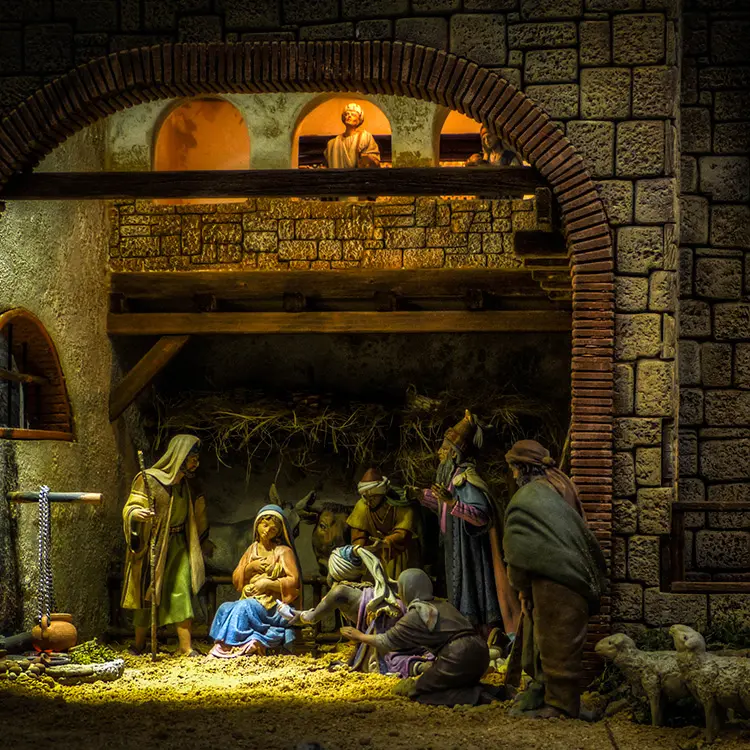
The classical tambourines and ‘zambombas’
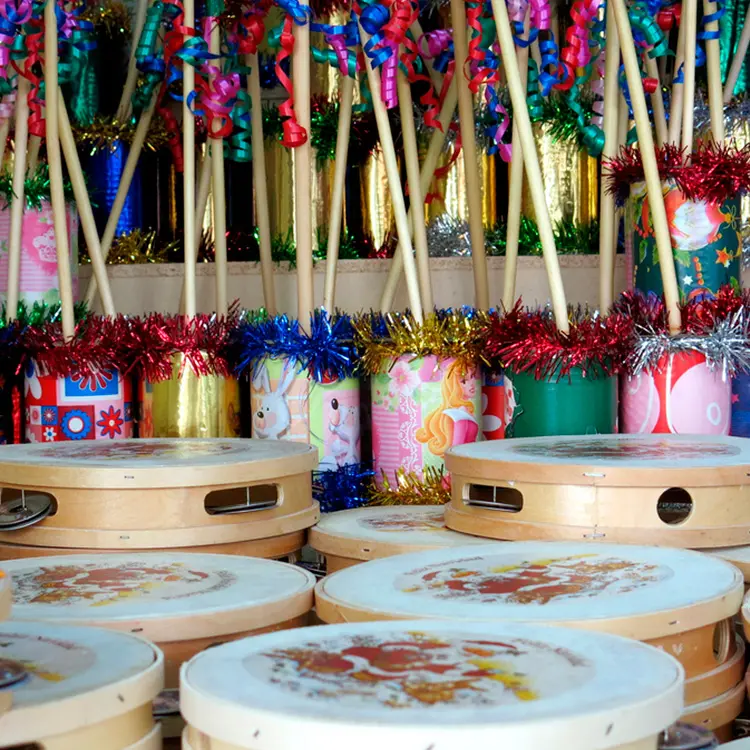
3. Eat the ‘12 lucky grapes’ and see the old year out.
When the moment comes to usher the year out we in Spain do it in a very special way. For every one of the twelve last chimes of the year in the local clock-tower we must eat a grape and whoever achieves such an exploit is said to be lucky throughout the next year.
This ritual ranks among the most popular and widely practised by all Spaniards. The place to be at that time is the local town-square, council-square or elsewhere a clock is visible and listenable in order to follow the year-end chimes. About the most famous place for this is Madrid’s ‘Puerta del Sol’ (Central Spain), which year after after congregates thousands of persons to welcome the new year.
Another related tradition is to don red underwear with the same purpose as the eating of the twelve grapes (that is, to bring luck), although compliance to the ritual in this case is harder to ascertain.
4. The magic of the Three Wise Men.
The night from the 5th to the 6th of January also ranks atop during Christmas. Based on the Christian tradition about three Wise Men from the East who, guided by a star, visited baby Jesus in his crib and handed him gifts, the one known in Spain as the ‘Noche de reyes’ has evolved into a night in which all kids, having previously written a letter to the Wise Men and confessed all they wish to own, await impatiently gifts.
It all takes off with magical ‘Parades of Kings’ which take place in the country’s every nook at the same time. There are humble and lush parades, according to local means, but all of them aim to show the kids that the three Wise Men (Melchior, Caspar and Balthazar) have come to town laden with gifts. In some places kids find the presents as soon as they return home, whilst elsewhere they must (try to) sleep in anticipation to finding the presents the next morning.
The other related tradition the ‘king’s cake’, a big donut-shape and brioche-tasting pastry topped with dried candied fruits, usually eaten in a family gathering and accompanied by hot chocolate. While eating the cake, someone will find in his portion ‘la haba’ (the bean) and will be thus responsible for paying the whole cake, yet some other will find a king figurine entitling him to wear a cardboard crown. This event marks the end of the festivities and the joy and traditions it brings.
